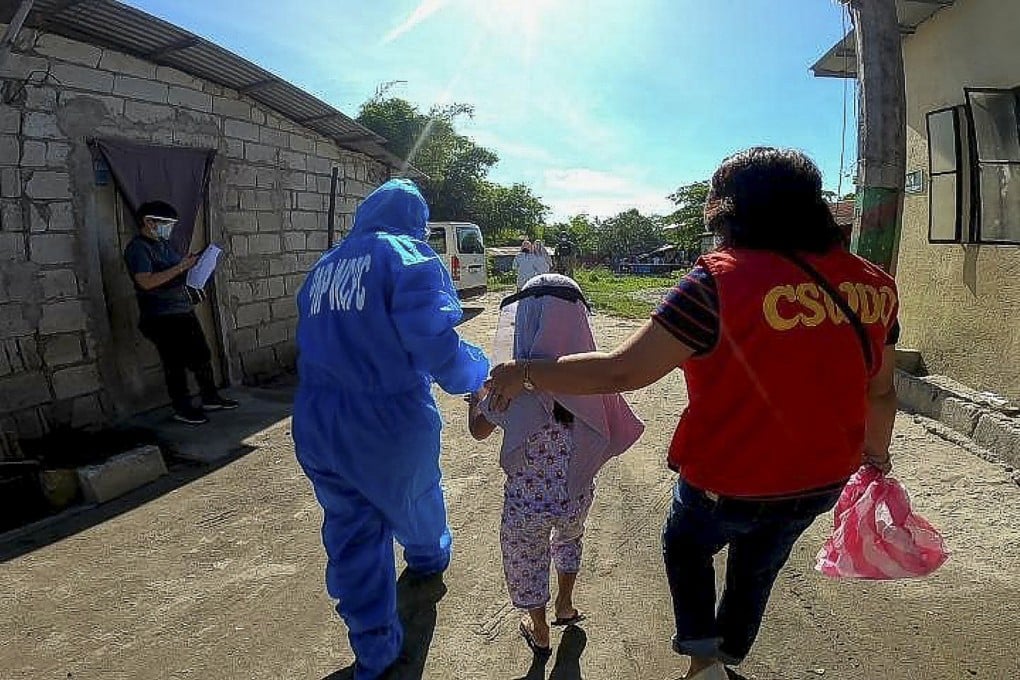Online child sex abuse soars during Covid-19, as Western paedophiles pay to watch Asian children being violated online, often by their own families
- Children as young as three months old are being abused in the Philippines, where the pandemic and lockdown have led to a surge in these disgusting crimes

In a hushed courtroom in the north of England in March, jurors in the trial of a former national radio disc jockey accused of molesting youngsters in the Philippines listened intently, as a prosecuting lawyer conjured up the monsters of their own childhoods.
The crimes of some of Britain’s most notorious and reviled paedophiles – television presenters Jimmy Savile and Stuart Hall, and pop star Gary Glitter – were paraded before the jury to remind them how they destroyed lives from behind a cloak of celebrity and a veneer of respectability.
“Some of you may be old enough to remember [Savile’s television show] Jim’ll Fix It,” prosecutor Jo Kidd told the court. “You will remember watching [Hall’s television show] It’s a Knockout. You will remember revelling in the size of Gary Glitter’s [platform] shoes. They were people who were spoken highly of, even people who were knighted.”
The hellish descent of Savile, Hall and Glitter from national treasures to creepy bogeymen held a clear lesson from recent history, she argued, saying, “When one puts on a public face, when one carries out charity work, it does not mean the underbelly of their sexual depravity is not real.”

The man present in the dock that day, 1980s BBC Radio 1 DJ Mark Page, was a different kind of monster, the kind you can never lock your door against at night to keep your children safe.
Page – who was jailed for 12 years – committed much of his abuse from behind the curtains of his Teesside home, while his victims were 10,000km away in the Philippines. Page paid for children as young as 12 to be abused by family members, while he watched online.